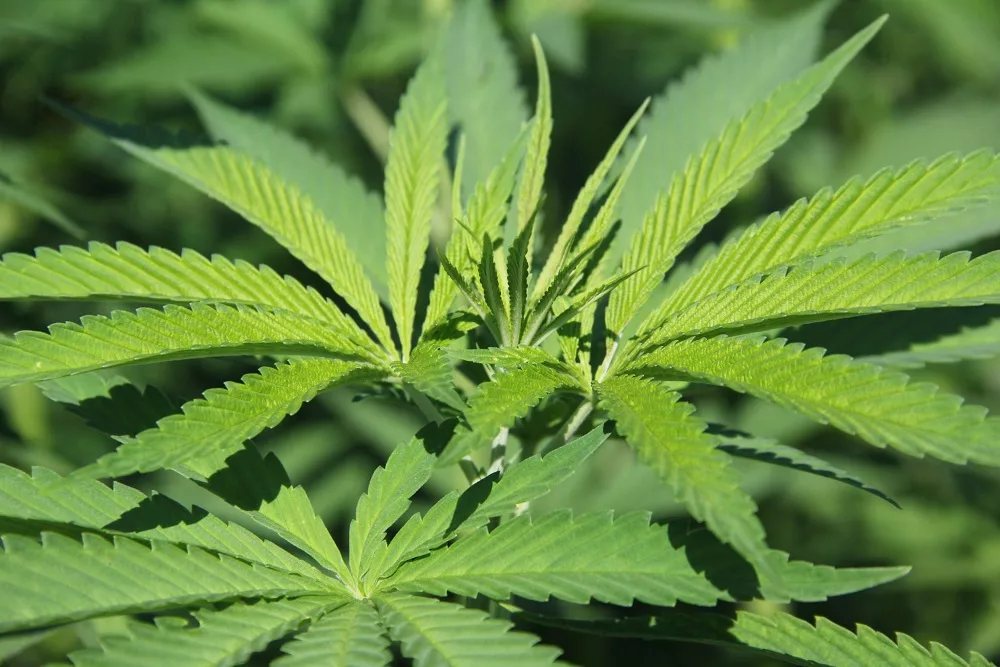
Your browser doesn’t support HTML5 audio
As the push to expand the use of hemp continues to grow, ag experts are weighing its potential benefits against safety concerns—especially over the use of cannabidiol (CBD) in animal feed.
The topic was reviewed during a panel discussion during the National Association of State Departments of Agriculture (NASDA) Annual Meeting, which was held last week at the Westin in downtown Indianapolis.
Recent animal studies highlight risks, particularly liver and reproductive toxicity. Research involving rats has indicated that exposure to CBD can lead to reduced testicular size and function in male offspring. Though these findings primarily involve rodents, the implications for livestock raise questions about health impacts across different species.
“What we have seen is the early indications of liver toxicity—there are also data related to reproductive toxicity for males that comes from a rat study in which the male offspring of rats that were given amounts of CBD have significantly decreased testicular sizes and function,” said Norman Birenbaum, Senior Public Health Advisor within the Food and Drug Administration’s (FDA) Center for Drug Evaluation and Research (CDER).
Companion animals, such as dogs and cats, are also at risk. Diagnosing potential CBD-related issues in these smaller animals is complex, making it challenging for veterinarians to identify toxicity. This uncertainty complicates the decision for pet owners who are considering hemp-based products for their animals.
Despite the concerns, the hemp industry has made strides with products that have achieved “Generally Recognized as Safe” (GRAS) status. For instance, hempseed oil and meal protein are now incorporated into feeds for egg-laying hens, which contain minimal levels of CBD and THC. These feeds present opportunities for enhanced nutrition, given their beneficial fatty acid profiles.
However, he said the issue of cannabinoid retention in dairy products remains. Cannabinoids like THC and CBD can accumulate in fat tissues, potentially affecting milk safety. As dairy cows produce milk consumed by humans, especially infants, the lingering presence of cannabinoids raises safety questions.
He said as research continues, the regulatory pathway for hemp-based animal feed remains slow but crucial. While some products have received approval, he said the industry must proceed cautiously to ensure food safety standards are maintained.
